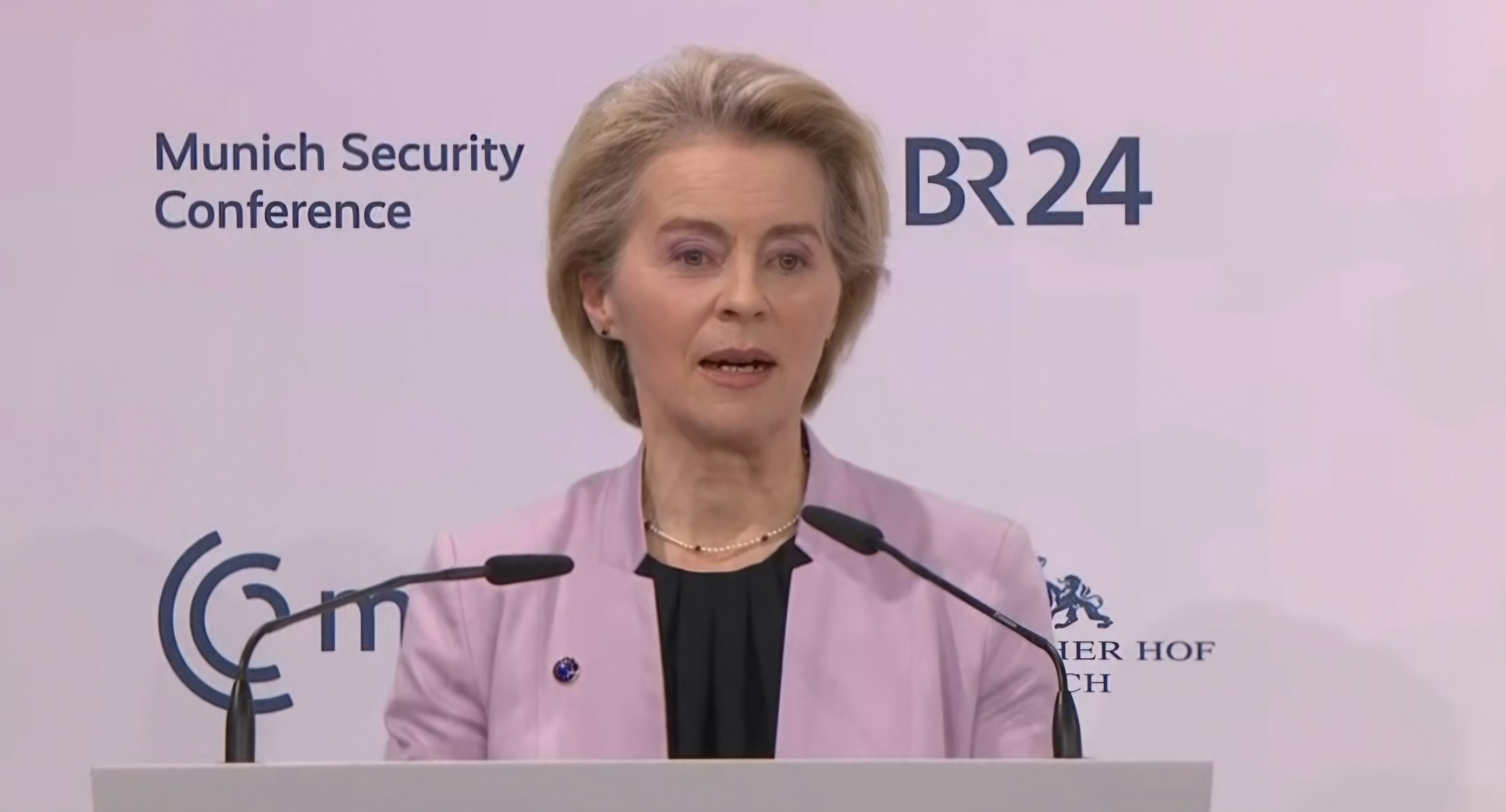European Commission President Ursula von der Leyen will visit Serbia on Tuesday as part of her annual Western Balkans tour, amid growing criticism that her past praise for Belgrade’s democratic and rule-of-law reforms has been out of step with reality.
Since 2021, von der Leyen’s visits to Belgrade have often featured positive remarks about Serbia’s progress, even as the country has faced prolonged crises over election integrity, media freedom, and judicial independence, the European Western Balkans outlet reported.
The statements have sparked backlash among civil society groups and pro-EU citizens who accuse Brussels of turning a blind eye to democratic backsliding under President Aleksandar Vučić.
This year’s visit comes as reforms Serbia pledged last December — including appointing a new media regulator and revising the electoral roll — remain unfulfilled. Meanwhile, the country has seen nearly a year of student-led protests following the deadly collapse of a railway station roof in Novi Sad in November 2024, which raised concerns about transparency, accountability, and corruption. The government’s response has become increasingly repressive over time.
Observers say the public will be watching whether von der Leyen’s comments on Tuesday reflect the current political climate or repeat her earlier praise that angered pro-democracy groups.
During her first visit to Belgrade in 2021, von der Leyen hailed Serbia’s “tremendous progress,” telling Vučić: “You’ve taken big steps, made great efforts, and it’s amazing to see the progress.” At the time, Serbia’s parliament had no opposition presence following an election boycott, and EU-mediated talks on electoral conditions were delivering little change.
Later that year, the ruling party passed constitutional reforms aimed at strengthening judicial independence — reforms that opened the last new cluster of accession chapters. But the European Commission’s 2024 report noted that “excessive pressure on the judiciary remains a concern.”
In 2023, von der Leyen congratulated Vučić for “completing key reforms in media freedom” after Serbia adopted a new Law on Electronic Media. Critics said the law allowed state-owned telecoms firm Telekom Srbija to continue acquiring media outlets, tightening government control over the sector.
Despite that, the government has since failed to appoint a new media regulatory council, which was dissolved last year — a step it had promised the EU it would take to advance accession talks.
During her 2024 visit, von der Leyen launched the EU’s new Growth Plan for the Western Balkans and praised Serbia for “matching its words with actions” on democracy and rule of law. Days later, mass protests erupted over the Novi Sad tragedy, further undermining the government’s credibility.
Vučić has since failed to deliver on pledges to implement OSCE-ODIHR election recommendations or form an independent media council, despite repeated encouragement from EU leaders, including von der Leyen and European Council President António Costa.
As von der Leyen returns to Belgrade, many in Serbia and Brussels are questioning whether she will again describe Vučić as a “model student” of EU values — or finally acknowledge the deepening erosion of democracy in the country.



